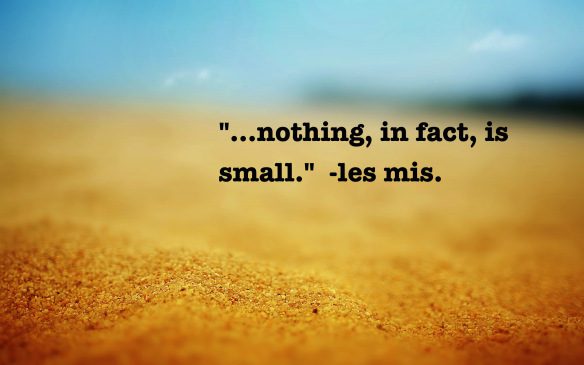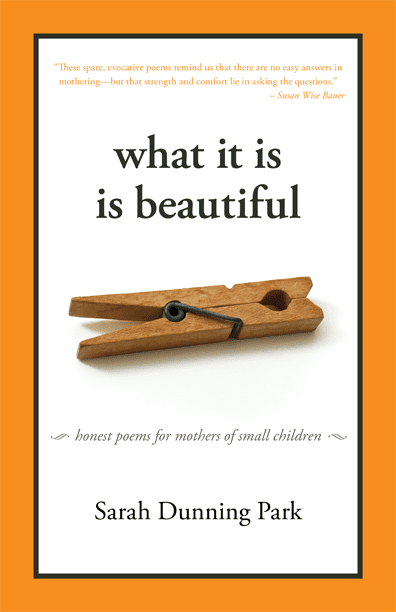I wrote before that I’ve never really studied Robert Frost. But I was drawn to “Hyla Brook” partly because it seemed appropriate for our entry into summer. (Soon it will be hot enough to dry up brooks everywhere but in San Francisco. Have I complained yet about how much I can’t stand San Francisco’s noncommittal weather systems?)
I was also drawn to its rhythm and form. The day I chose “Hyla Brook” as our poem for May, my husband commented at dinner: “I think it’s funny you keep choosing these poems that have very distinct musical forms. That’s not really what you’ve always been into.”
True and kind of not true. My last year of graduate school I developed a love for meter and rhyme that I’d never had before. That little pocket of love has grown much wider since I left the poetry world that I attempted to live in for a while. The poems I wrote were not bound to a metric form, but the poems that I’m drawn to at this point in my life are. I’m not sure why that is. Maybe I overdid my time in contemporary poetry-land where it seems (at least to me) that poetry’s highest value has become The Political Statement. I don’t mind poetry being political. But what has always moved me in poetry is its ability to compress an experience (and with it an emotion that holds in it something true, something we recognize in ourselves) into a little jewel we can hold. I want to feel something when I read a poem and I want to be able to carry it with me.
That’s why I was drawn to “Hyla Brook.” When I first read it, I felt the ache of loss: something that lived is now removed from the speaker’s life. It’s gone underground, where he can’t go. I love the sound of the Hyla’s shout echoing like a bell in the snow. What a clear, recognizable resonance. Any of us who has ever stepped out into the thick, muffled air of a new snow understand how the Hyla’s sound has faded, as if in some cotton-stuffed air. And, of course, it’s shocking for us as readers to be pulled back from the dense heat of a June that has dried up this brook to the faded chill of snow. It’s a whiplash that snaps us to attention.
The dead jewelweed being remade into a “faded paper sheet” is another image I connect with. There’s a lot that we can say about a poet rebirthing the dead plant into paper (ie words scribbled on paper are actually making something beautiful out of something dead!), but I’ll just say that the image is hopeful for me. Even if my reading of it is a little clichéd, I’m cheesy enough to like that.
But what has stuck with me as I’ve been reciting these words taped to the window over the bubbles of my kitchen sink is Frost’s declaration that this is a brook “to none but who remember long.” What a beautiful thing, I’ve been thinking, to remember long. I love the idea that we can make something what it was by remembering it: Memory as a form of redemption.
Which brings us to the final line, which I’ve loved more and more the longer I’ve summoned those words over my endlessly greasy Calphalon pan. “We love the things we love for what they are.”
Do we love them because we remember them in their moments of beauty: “song and speed,” the shouts of the Hyla breed, the once flourishing of the jewelweed? Do we love them because of what can be made of them in their death (the faded paper sheet)? Or do we love them exactly as they are, even in their brokenness? That’s the question it leaves us with. It’s the ache that draws me back to the poem all over again.
No, its music isn’t stunning. August (as my official poetic Geiger counter) was never that interested in hearing my attempts at recitation, even though he loved listening to both Bishop and Hopkins. But, to quote a little Frost, I love the poem I love for what it is.
What about you? Have you thought about this poem at all this month? Were you able to memorize it? (Confession: I’ve still got a few more lines to go.) I’d love to hear your thoughts. And don’t worry if you’re not all poetic! Yours are exactly the thoughts I want.











